6 Plant-Based Substitutes for Blood and Bone Meal in Garden
Previous PostGermination queries, order status queries, plant disease queries, and sharing tomato plant pictures - these are just some common queries our team handles every day.
But one interesting query we received the other day was about the use of blood meal and bone meal in the garden.
To be specific, this particular customer had ethical concerns about using animal by-products in the garden and was looking for plant-based alternatives. That’s why we wanted to answer this query in detail for all our home gardeners, so here it goes.
First, let’s talk about the fertilizers in question here. Blood meal and bone meal are popular organic fertilisers made from animal by-products. Blood meal is dried and powdered animal blood, rich in nitrogen, while bone meal is ground animal bones, providing phosphorus and calcium. A lot of gardeners use them to boost soil fertility, encourage strong root growth, and improve overall plant health.
While these solutions are really effective, they may not be suitable for everyone. Many gardeners prefer plant-based or non-animal alternatives for ethical, environmental, or practical reasons. Thankfully, there are plenty of natural options that can nourish plants just as well.
Why Some Gardeners Avoid Blood Meal and Bone Meal

Just like our inquisitive customer, some gardeners choose to avoid these products for several reasons. A few of these reasons are:
- Ethical concerns: They come from animal slaughter by-products. And a lot of gardeners have issues with their usage to grow vegetables and herbs etc.
- Pest problems: Since these are animal by-products, sometimes their smell can attract rodents, dogs, and other animals.
- Dietary preferences: Vegan gardeners prefer natural plant-based fertilisers.
- Sustainability: They rely on industrial meat production, which also has a large environmental footprint.
Now let’s look at some alternatives that can help you keep your garden thriving while aligning with your personal values.
1. Alfalfa Meal

Alfalfa meal is made from dried and ground alfalfa plants. It provides nitrogen, phosphorus, potassium, and natural growth stimulants that help plants develop strong roots and lush foliage. It breaks down slowly, feeding plants over time without burning them. It’s especially useful for roses, tomatoes, and other flowering plants.
2. Comfrey Pellets

Comfrey is a leafy perennial herb with deep roots that pull nutrients from the soil. When dried and pressed into pellets, comfrey becomes a slow-release fertilizer rich in potassium, phosphorus, and micronutrients. It’s ideal for fruiting and flowering crops, helping to improve yields and overall plant health.
3. Seaweed or Kelp Meal

Seaweed and kelp meals are made from dried marine plants. They’re packed with trace minerals, growth hormones, and vitamins that improve soil structure, stimulate root growth, and boost plant resistance to stress. They don’t provide large amounts of nitrogen or phosphorus but work wonderfully as a soil conditioner alongside other fertilisers. If you have some sad-looking or drooping plants, try some of our diluted seaweed spray and watch life being breathed back into them.
4. Cottonseed Meal

Cottonseed meal is a by-product of cotton processing and contains nitrogen, phosphorus, and potassium. It also helps lower soil pH, making it an excellent choice for acid-loving plants like azaleas, blueberries, and rhododendrons. It releases nutrients slowly, improving soil structure over time.
5. Earthworm Castings

Earthworms are truly magical when it comes to the soil and composting. Earthworm castings are nutrient-rich droppings produced by worms. They’re full of beneficial microbes, nitrogen, phosphorus, potassium, and trace elements. Castings improve soil aeration, water retention, and root growth, all without the risk of burning plants. They can be mixed into the soil or used as a top dressing for potted and garden plants.
6. Aged Compost

Aged compost is decomposed organic matter, such as vegetable scraps, garden waste, and leaves. It’s one of the most balanced and eco-friendly ways to feed your garden. Compost adds nutrients, improves soil structure, and encourages beneficial soil life. Best of all, it’s free if you make it at home. The organic vermicompost available with us can also be used in place of compost.
Clearly, you don’t need a blood meal or bone meal to grow healthy, productive plants. Plant-based and natural alternatives mentioned above can provide all the nutrients your garden needs. We hope this short guide can help you care for your soil, protect the environment, and garden in a way that feels right for you.
Happy gardening!


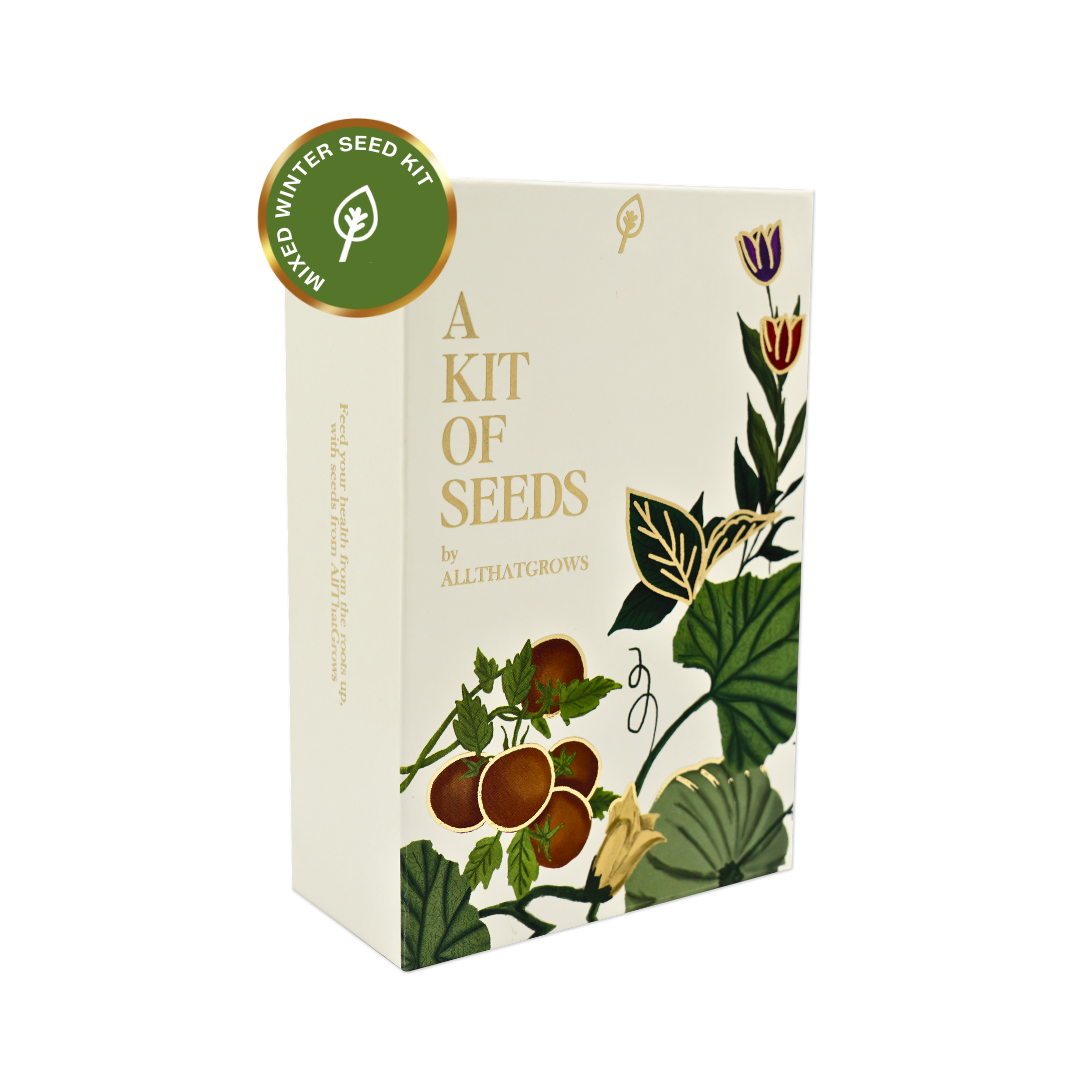

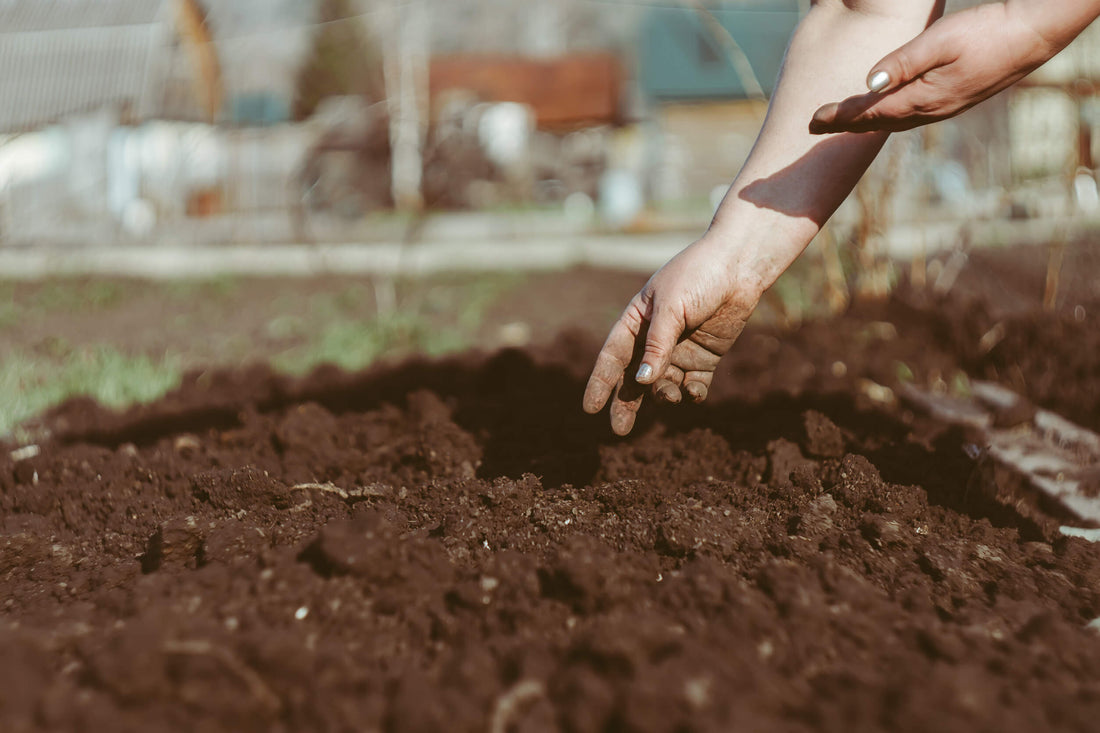
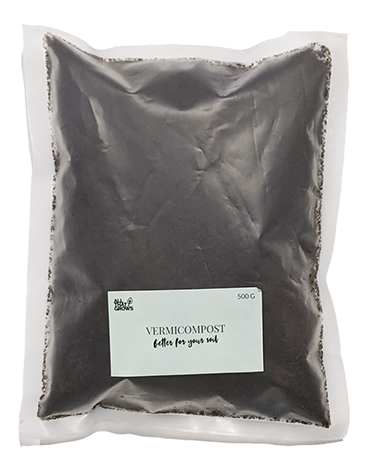
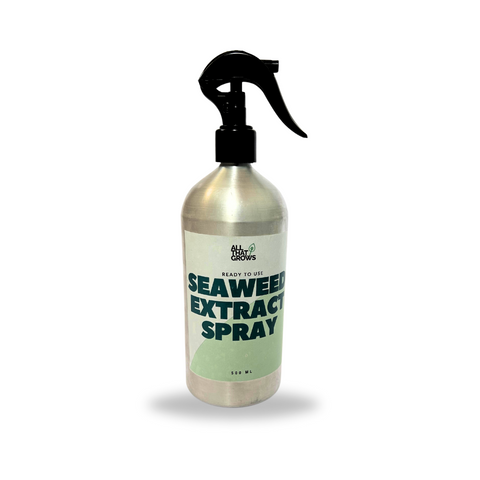
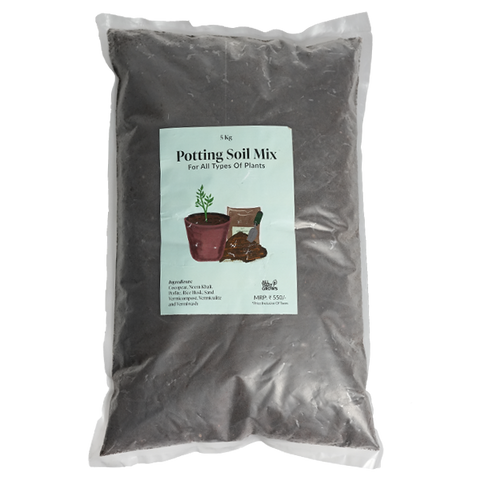
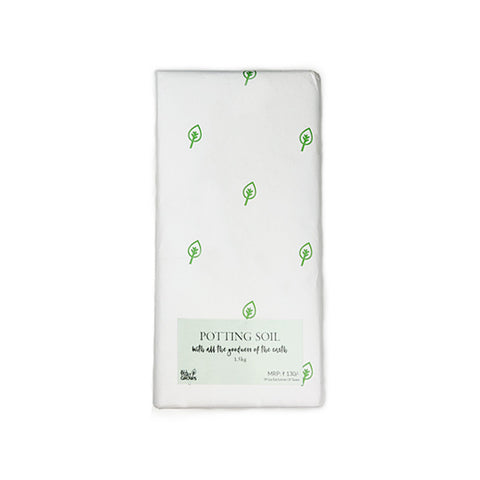
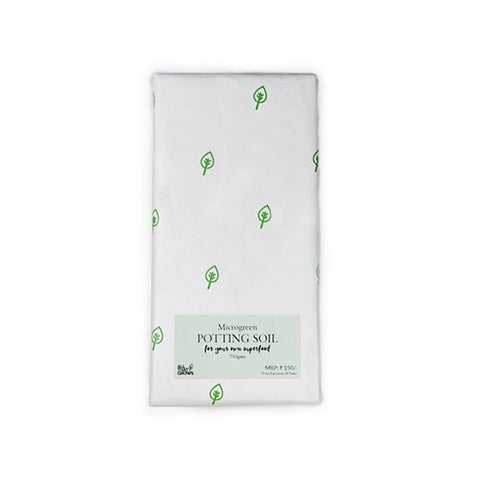
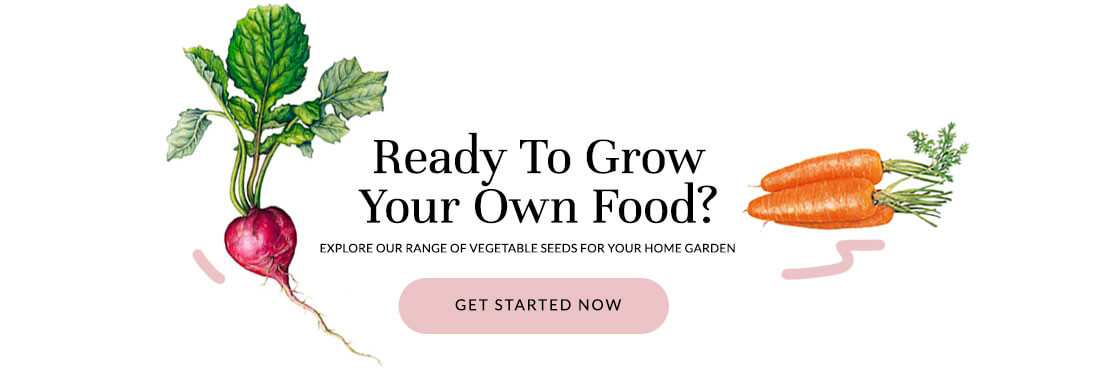
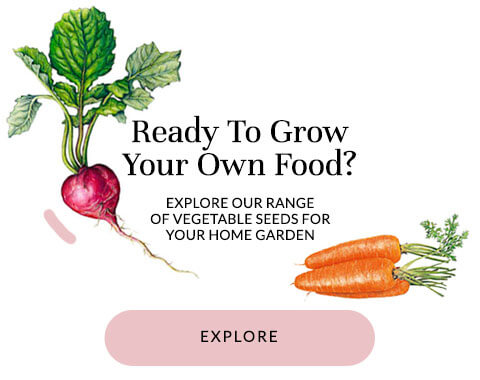
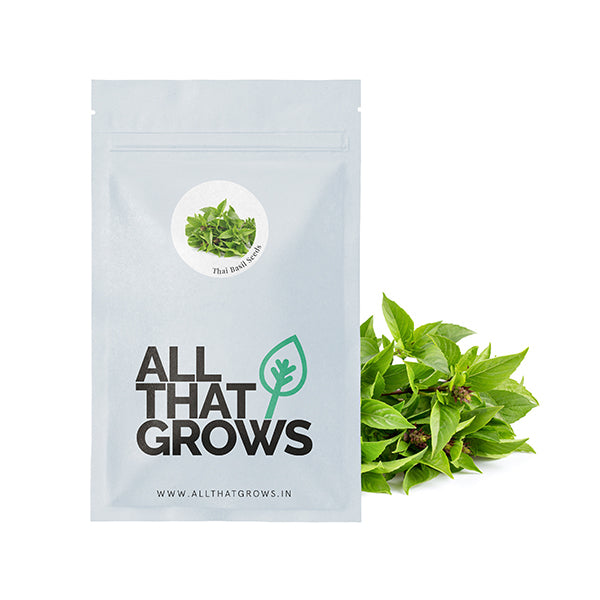
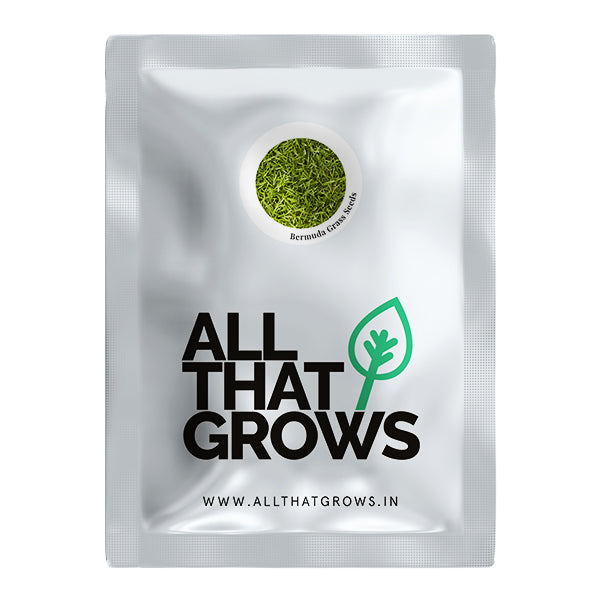
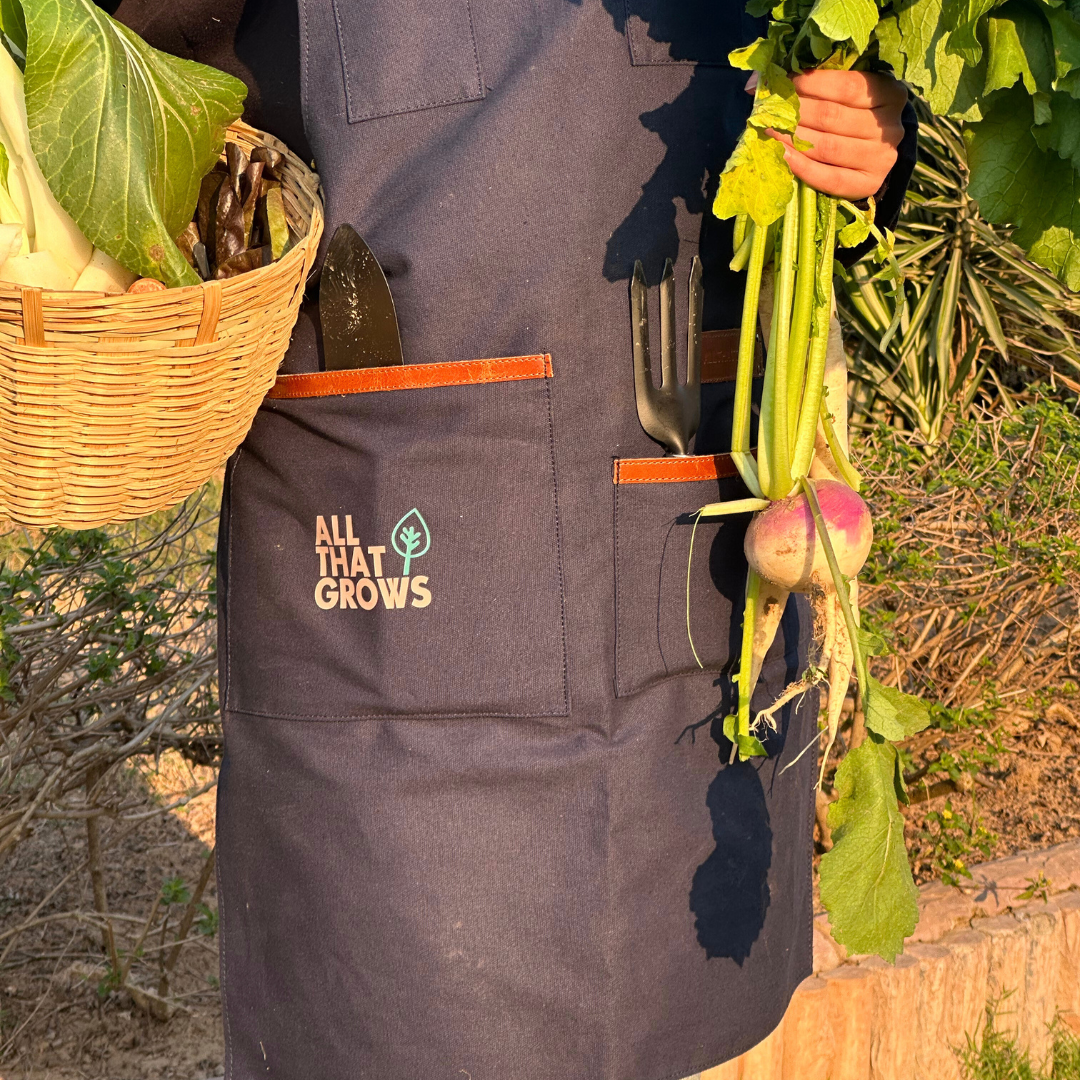
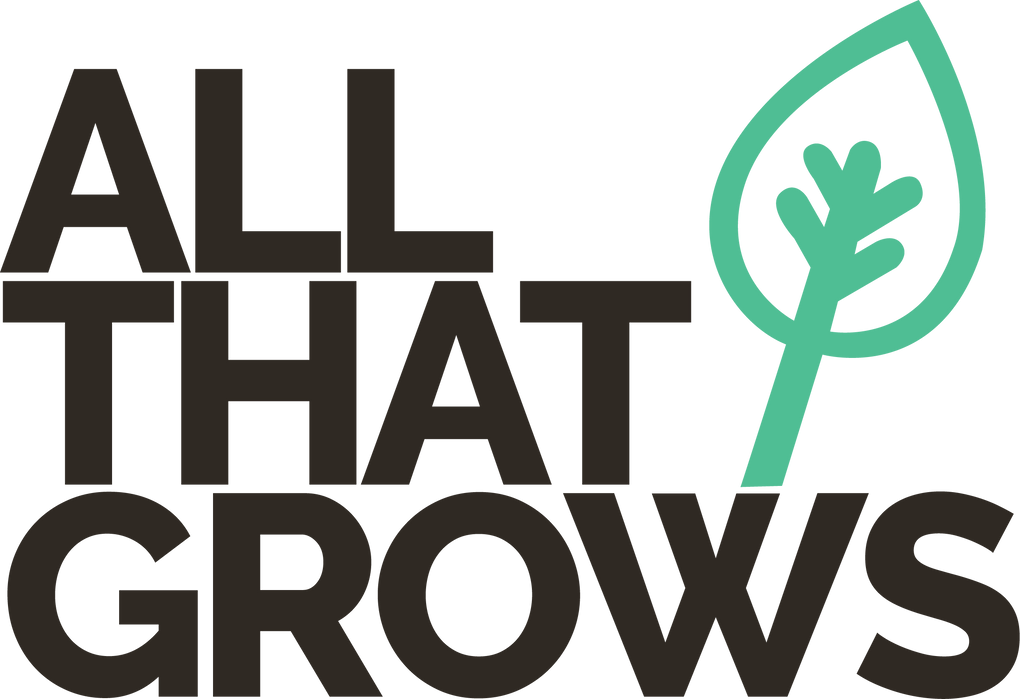
Leave a comment